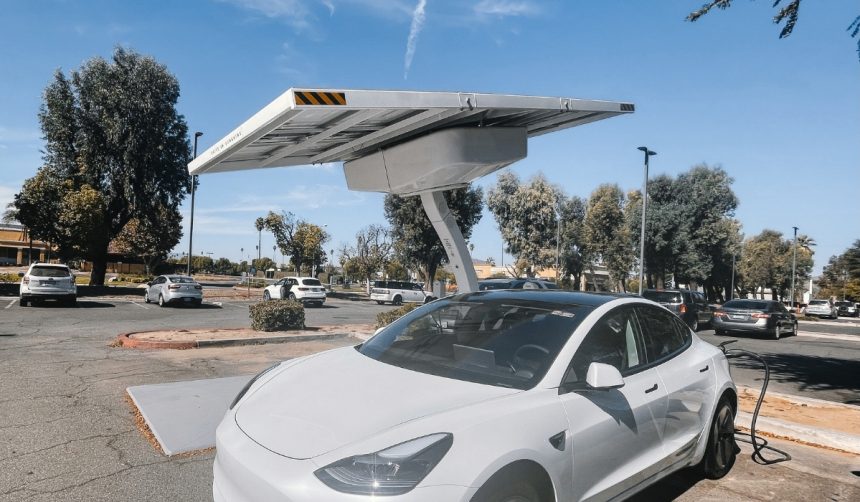A California judge recently halted a major legal action against Tesla, overturning class certification in a race harassment lawsuit involving the company’s Fremont plant. The dispute centered on allegations from thousands of Black employees who reported a hostile work environment. The court’s reversal shifts potential legal consequences away from a mass action and toward a series of individual claims. This shift has significant implications for both the workers involved and Tesla’s legal strategy. Observers suggest the ruling could influence future cases at other large employers confronting similar allegations.
Earlier coverage of Tesla’s workplace discrimination lawsuits highlighted repeated accusations and a growing focus by regulatory agencies. Previously, class action status was granted in 2024 by a different judge, signaling a more unified front for worker complaints. However, challenges around assembling enough participating witnesses foreshadowed hurdles in moving forward as a class. The most recent development marks a departure from earlier optimism among plaintiffs, indicating a higher bar for group actions in workplace discrimination claims of this magnitude.
What Led the Court to Reverse the Class Status?
Judge Peter Borkon determined that attorneys for the plaintiffs did not secure commitments from the minimum number of workers needed to represent the entire proposed 6,000-member class. This decision was based on a concern that the experiences of a limited group could not reliably stand in for those of all potentially affected employees. As a result, the lawsuit now returns to individual litigation rather than proceeding as a single class action against Tesla.
How Has Tesla Responded to Discrimination Allegations?
Tesla has consistently denied any tolerance for harassment within its operations, highlighting past actions of removing employees found responsible for inappropriate behavior. In an official statement, the company explained,
“We do not tolerate any form of workplace harassment, and employees found to have engaged in misconduct have been terminated.”
Tesla also noted that it investigates complaints promptly and has addressed incidents as they have arisen.
What Is the Litigation Landscape for Tesla Now?
The reversal in this case reduces Tesla’s exposure to large-scale damages, at least temporarily. Nonetheless, the company remains embroiled in additional lawsuits and regulatory scrutiny, including upcoming trials brought by a California state civil rights agency and the U.S. Equal Employment Opportunity Commission. Addressing these legal matters, Tesla reaffirmed,
“We take all complaints seriously and continue to defend ourselves vigorously in court.”
The legal focus will now be split between ongoing individual lawsuits and scheduled regulatory actions involving similar claims at the Fremont factory.
The outcome in California signals potential procedural shifts for large-scale workplace discrimination claims. For workers, the need to pursue individual litigation instead of group remedies may raise barriers to seeking redress. Companies like Tesla will be monitoring the effectiveness of this legal strategy as regulatory and social pressures for workplace accountability persist. Legal experts advise that maintaining comprehensive documentation and seeking testimony from broader groups of workers can be key to establishing class actions in similar circumstances. For those following the developments at Tesla and similar companies, staying aware of shifting legal standards and the importance of timely reporting and evidence collection remains essential.










